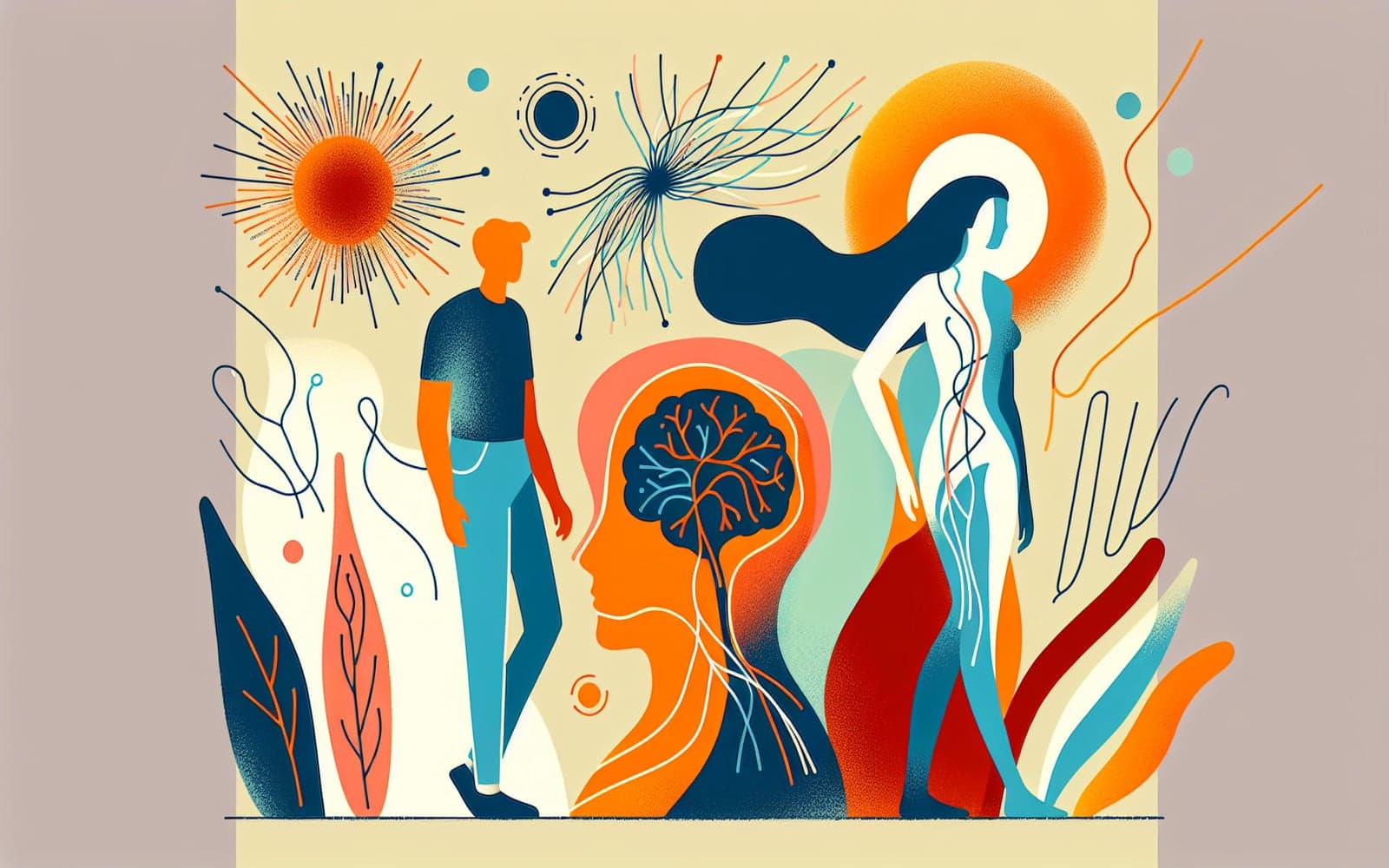Guillain-Barré Syndrome: When Your Immune System Attacks Your Nerves
Published: Jan 28, 2024

Medically reviewed by Alan Lucks | MD, Alan Lucks MDPC Private Practice - New York on January 28th, 2024.
Guillain-Barré syndrome (GBS) is a rare but serious condition where your immune system mistakenly attacks your nerves. This can lead to muscle weakness and even paralysis in severe cases.
Contents
What Causes GBS?
GBS often develops after an infection, like a stomach bug or respiratory illness. Your immune system, while fighting the infection, accidentally attacks your nerves too. This case of mistaken identity is called 'molecular mimicry' - parts of the infection look similar to parts of your nerves, confusing your immune system.
What Are the Symptoms?
GBS typically starts with weakness and tingling in your legs and feet. This can spread upwards, affecting your arms and upper body. In severe cases, it can affect your breathing muscles. The weakness usually peaks within 2-4 weeks. Other symptoms may include difficulty with eye or facial movements, and problems with digestion or blood pressure.

How is GBS Diagnosed?
Doctors diagnose GBS based on your symptoms and several tests. They may do a spinal tap to check your spinal fluid for signs of inflammation. Nerve conduction studies can show how well your nerves are working. Blood tests can help rule out other conditions.
Frequently Asked Questions
No, GBS itself is not contagious.
Most people recover within 6-12 months, but it can take up to 3 years.
Recurrence is rare, happening in only about 3% of cases.
It can be in severe cases, but most people recover fully.
Key Takeaways
While Guillain-Barré syndrome can be scary, most people recover with proper treatment and support.
If you're concerned about symptoms that might be GBS, don't hesitate to discuss them with Doctronic for personalized advice and guidance.Related Articles
References
Yuki N, Hartung HP. Guillain-Barré syndrome. N Engl J Med 2012; 366:2294.
Willison HJ, Jacobs BC, van Doorn PA. Guillain-Barré syndrome. Lancet 2016; 388:717.
This article has been reviewed for accuracy by one of the licensed medical doctors working for Doctronic. Always discuss health information with your healthcare provider.

